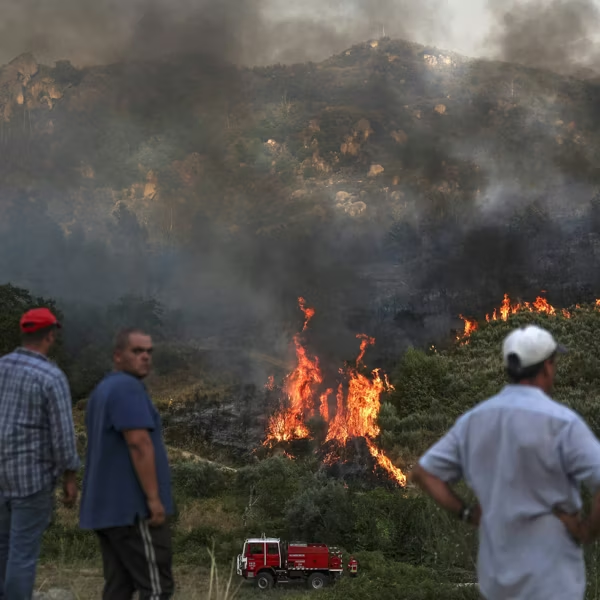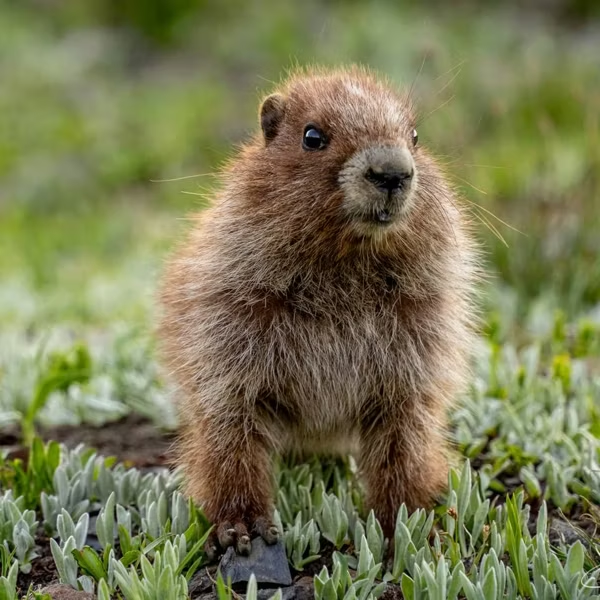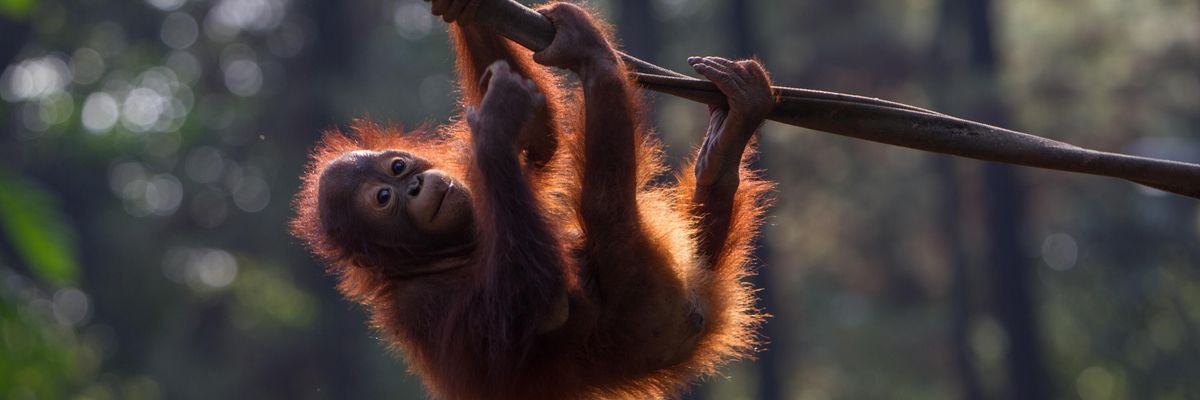While public health experts--nearly three years after the coronavirus was first reported in China--are brainstorming how health systems and governments can prevent future disease outbreaks from becoming major pandemics, scientists at Cornell University published a study Tuesday showing human activity more respectful of the natural world could prevent most pathogens from reaching people in the first place.
Researchers examined the behavior of fruit bats in Australia, combining numerous datasets collected between 1996 and 2020.
The data described population levels and reproduction rates, the landscape where the fruit bats foraged for food, food shortages, and habitat destruction over more than two decades.
"We show that when remaining habitat produces food, spillover stops, and therefore a sustainable way to stop these events could be to preserve and restore critical habitat."
According to the research published in Nature, in years when the fruit bats were able to find abundant food in their natural habitats during winter months, they were far less likely to spread the Hendra virus to horses, which can then spread the deadly infection-causing pathogen to people.
The spreading of pathogens from one species to another is called "spillover," and has been the source of every viral pandemic affecting humans since the 1990s.
The researchers "discovered two factors driving spillover: habitat loss pushing animals into agricultural areas and climate-induced food shortages," according to the study. "In years following an El Nino event (high temperatures in the Pacific Ocean), buds of trees that bats depend on for nectar failed to produce flowers in the subsequent winter, leading to a food shortage."
The study also pointed to deforestation, which was identified by the World Wildlife Fund in 2021 as a major problem in Australia, as a driver of spillover: "Human destruction of forest habitat for farmland and urban development has left few forests that produce nectar for bats in winter."
When the fruit bats were unable to find food in their native habitats, they spread out into agricultural areas, where they were able to spread the Hendra virus to horses through urine and feces.
"We show that when remaining habitat produces food, spillover stops, and therefore a sustainable way to stop these events could be to preserve and restore critical habitat," said Raina Plowright, a professor in Cornell's Department of Public and Ecosystem Health, who led the study.
Plowright was also the lead author of an earlier study published last month in Ecology Letters, which found that when the bats were facing a lack of food, they were more likely to shed virus.
"Right now, the world is focused on how we can stop the next pandemic," said Plowright. "Unfortunately, preserving or restoring nature is rarely part of the discussion. We're hoping that this paper will bring prevention and nature-based solutions to the forefront of the conversation."
The research represents "an enormously impressive undertaking," Dr. Aaron Bernstein, the interim director of the Center for Climate, Health and the Global Environment at the Harvard T.H. Chan School of Public Health, told the New York Times.
"These scientists have essentially traced the dots across a bunch of the factors that we know can drive emerging infections," said Bernstein, who was not involved in the study. "I think it points to how critically important it is to focus on prevention upstream to really prevent spillover."




